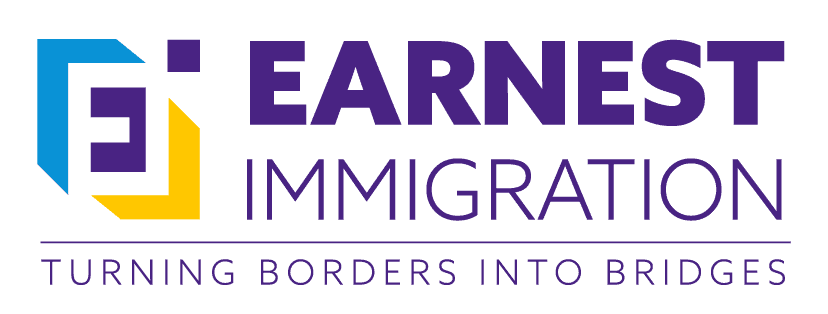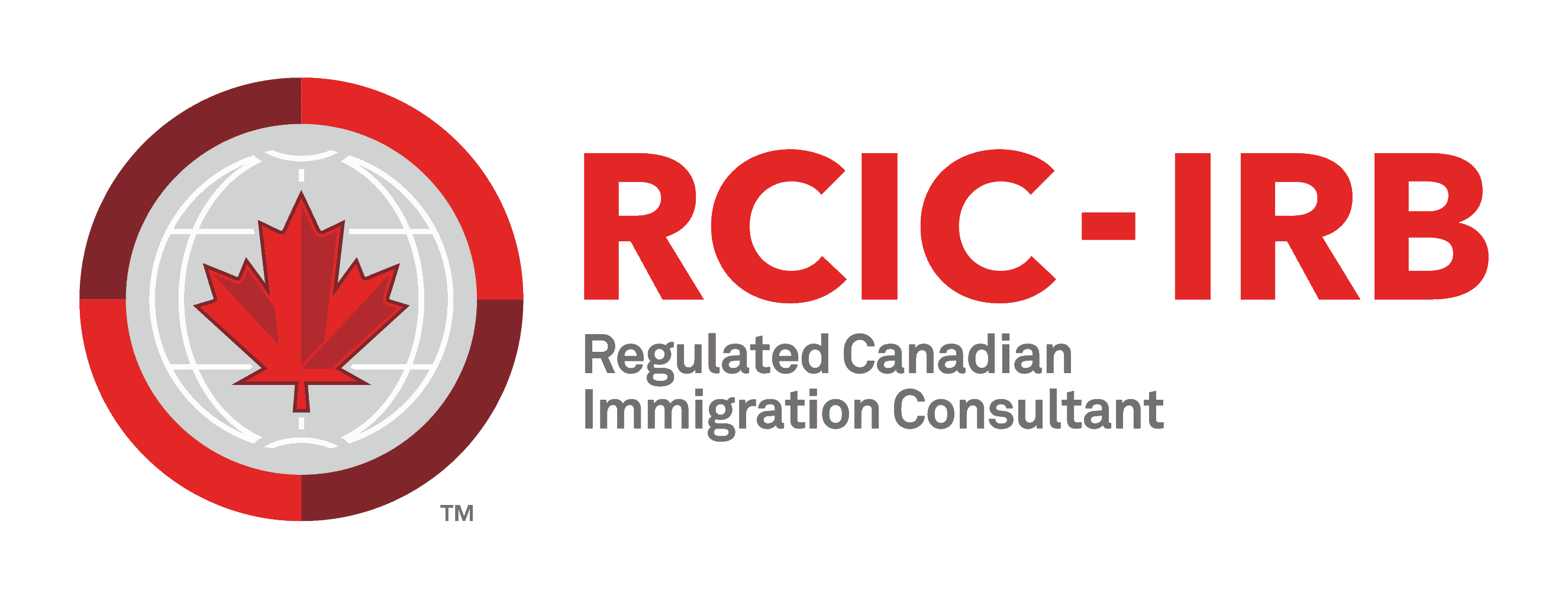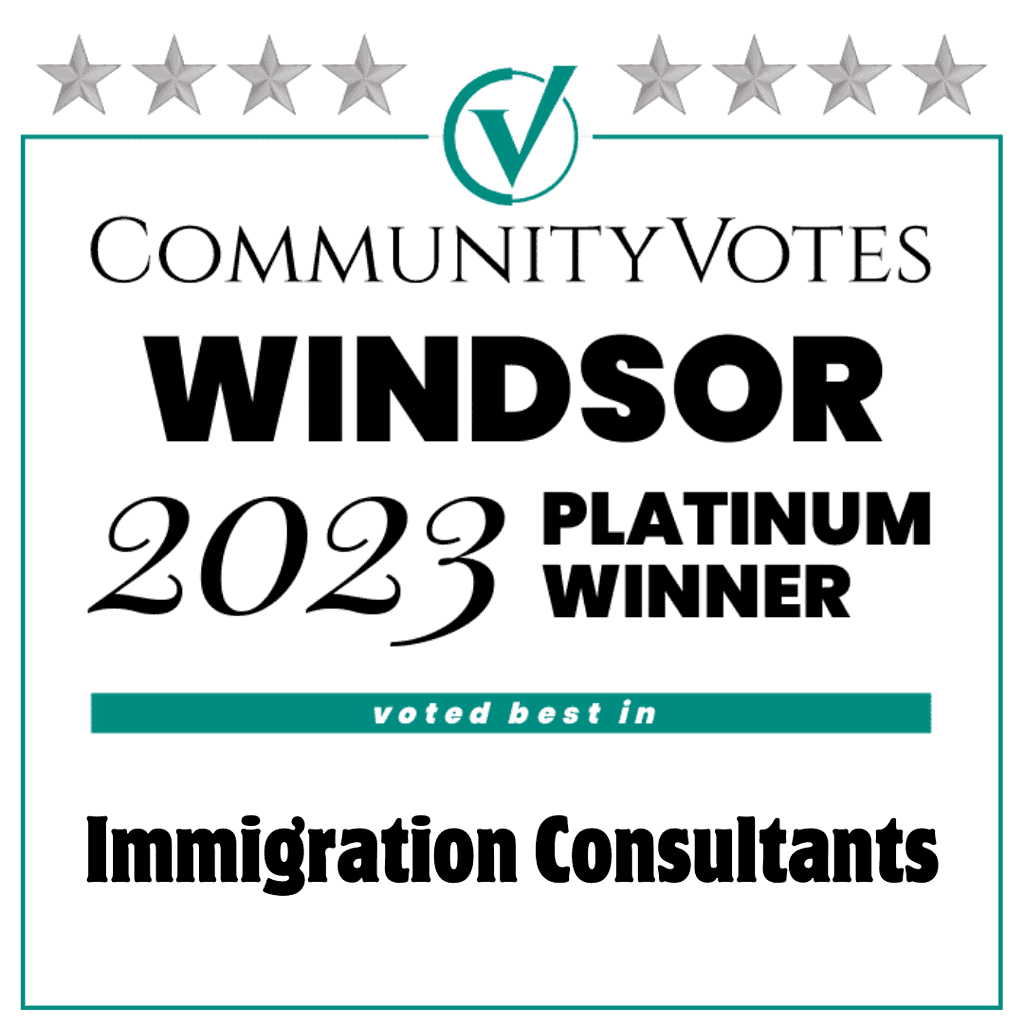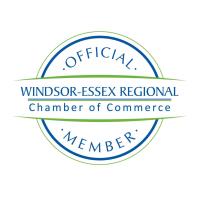If you’re considering studying in Canada, you might be intrigued by how this experience can lead to permanent residency. With the right approach, your education can pave the way for a Post-Graduation Work Permit, enhancing your employability and chances within immigration programs like the Express Entry System. Understanding the nuances of study permits and work opportunities is crucial. But what steps should you take to ensure you’re maximizing your potential for securing that coveted status? The answer lies in exploring specific pathways that can transform your academic journey into a lasting future.
Table of Contents
ToggleBenefits of Studying in Canada
Studying in Canada offers numerous advantages that can enhance your academic and professional journey. First, Canada boasts world-class educational institutions recognized globally for their quality. You’ll gain access to advanced research facilities and diverse programs tailored to your interests. This experience not only enriches your knowledge but also increases your employability.
Moreover, Canada is known for its multicultural environment. You’ll meet people from various cultural backgrounds, broadening your perspective and helping you develop essential interpersonal skills. Networking with fellow students can lead to valuable connections in your field.
As an international student, you’ll also benefit from the opportunity to work part-time during your studies. This experience allows you to gain practical skills, earn money, and immerse yourself in Canadian culture.
Additionally, studying in Canada can be a pathway to permanent residency. The country’s immigration policies favor students who’ve completed their education locally, making it easier for you to transition from a student visa to a work permit or permanent residency.
Understanding Study Permits
To make the most of your educational journey in Canada, it’s important to understand the requirements and processes surrounding study permits. A study permit is essential for international students like you who want to study in Canada for more than six months. You’ll need to apply for this permit before arriving in Canada, and it’s crucial to do so well in advance.
First, ensure you’ve received an acceptance letter from a recognized institution. This letter is a key document for your application. You’ll also need to provide proof of sufficient funds to cover tuition, living expenses, and return transportation. Health insurance is another requirement, so don’t overlook that.
When applying, gather the necessary documents, including your passport and any additional forms required by the Canadian government. You can apply online or via a paper application, but online is typically faster.
After submitting your application, you may need to attend an interview or provide biometrics.
Once your study permit is approved, you can focus on your studies and enjoy your time in Canada. Remember, the study permit isn’t a visa; you’ll still need a visitor visa or an Electronic Travel Authorization (eTA) to enter Canada.
Transitioning to Work Permits
Many international students find that transitioning from a study permit to a work permit is a natural next step after completing their studies in Canada. If you’ve graduated from a designated learning institution (DLI), you might be eligible for a Post-Graduation Work Permit (PGWP). This permit allows you to gain valuable Canadian work experience, which can boost your chances of securing permanent residency later on.
It’s important to note that PGWP eligibility depends on the type of course and institution from which you graduated. Therefore, choosing the right school is crucial to ensure that you meet the requirements for the PGWP and do not have any false expectations about your eligibility.
To apply for the PGWP, you’ll need to do so within 180 days of receiving your final marks. Make sure you have all the necessary documents, including proof of your graduation and your study permit. The PGWP can be valid for up to three years, depending on the length of your study program.
During this period, focus on networking and gaining experience in your field. It’s also wise to research job opportunities that align with your career goals.
Provincial Nominee Programs
Provincial Nominee Programs (PNPs)
After gaining Canadian work experience through a Post-Graduation Work Permit, you might want to explore options for permanent residency, such as Provincial Nominee Programs (PNPs). PNPs are designed to help provinces and territories in Canada nominate individuals who possess skills and experience that meet local labor market needs.
Each province has its own criteria and streams tailored to specific occupations or sectors. By applying through a PNP, you can receive a nomination from a province, which significantly boosts your chances of obtaining permanent residency. For instance, if you’ve developed expertise in a high-demand field while working in Canada, a PNP could be your best route to stay.
To get started, research the programs available in the province where you’ve gained experience. Check their eligibility requirements and application processes. Some provinces may require a job offer, while others may prioritize international graduates or those with certain skills. Once you’re nominated, you can apply for permanent residency through Immigration, Refugees and Citizenship Canada (IRCC). Engaging with a PNP can be a strategic move to secure your future in Canada.
Examples of Provincial Nominee Programs
- Ontario
- International Student Stream: This stream is aimed at international graduates from eligible Ontario colleges and universities. It allows graduates to apply for nomination for permanent residence without the need for a job offer.
- British Columbia
- Express Entry BC – International Post-Graduate Category: This stream is designed for international graduates with a master’s degree or doctoral degree from a recognized institution in British Columbia. It does not require a job offer and fast-tracks the application process.
- Alberta
- Alberta Opportunity Stream: This stream is for foreign workers who are already working in Alberta and have a valid job offer. It targets those in occupations that are in demand within the province.
- Saskatchewan
- Saskatchewan International Graduate Entrepreneur Category: This stream is for international graduates who have completed their studies at a recognized post-secondary institution in Saskatchewan and wish to start a business.
- Manitoba
- Manitoba Graduate Internship Program: This stream is available for international students who have completed a graduate program in Manitoba and have relevant work experience.
Researching these options can provide valuable insight into the best path for achieving permanent residency in Canada.
Some provinces may require a job offer, while others may prioritize international graduates or those with certain skills.
Once you’re nominated, you can apply for permanent residency through Immigration, Refugees and Citizenship Canada (IRCC).
Engaging with a PNP can be a strategic move to secure your future in Canada.
Express Entry System
The Express Entry System is a popular pathway for individuals seeking permanent residency in Canada, especially skilled workers. This system manages applications for three main federal immigration programs: the Federal Skilled Worker Program, the Federal Skilled Trades Program, and the Canadian Experience Class.
If you’ve studied in Canada, you might’ve an advantage, as your Canadian education can earn you additional points in the Comprehensive Ranking System (CRS).
To get started, you’ll need to create an online profile and provide details about your skills, work experience, language ability, and education. Based on this information, you’ll receive a CRS score. The higher your score, the better your chances of receiving an Invitation to Apply (ITA) for permanent residency.
Keep in mind that you can improve your CRS score by gaining Canadian work experience, enhancing your language skills, or obtaining a provincial nomination.
Once you receive an ITA, you’ll have 60 days to submit your application for permanent residency. It’s essential to stay organized and ensure all documents are accurate to avoid delays.
Embrace this opportunity—your time studying in Canada might just lead you to a new life as a permanent resident!
Conclusion
In conclusion, studying in Canada opens up incredible opportunities for your future. By taking advantage of the Post-Graduation Work Permit, you can gain valuable experience that strengthens your application for permanent residency. With options like the Provincial Nominee Programs and the Express Entry System, you’ve got multiple pathways to make Canada your home. Embrace this journey, focus on your studies, and you’ll be well on your way to building a successful life in Canada.








